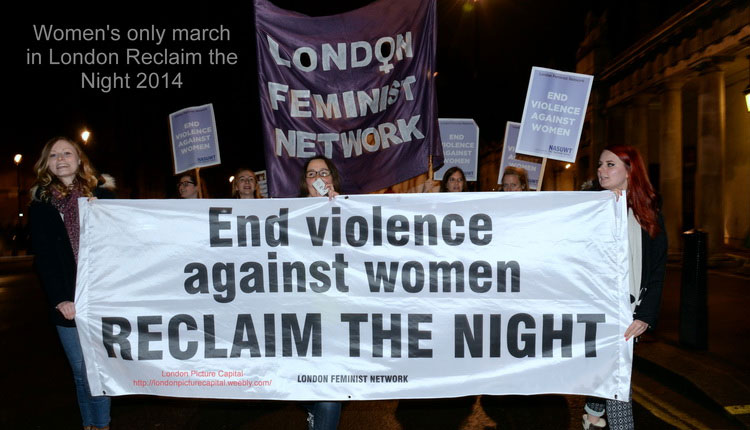Kolkata: Protests are escalating across India following the horrific rape and murder of a trainee doctor at Kolkata’s Medical College. The incident, which occurred as the nation prepared to celebrate Independence Day, has ignited outrage, leading to widespread demonstrations. In a powerful display of solidarity, women from across the country will take to the streets tonight to demand their right to safety and freedom.
The protest, named “Reclaim the Night,” will begin at 11 p.m. on Wednesday, with women from every corner of India participating in the midnight demonstration. The movement has quickly gained momentum, with women in several states, including Delhi and Uttar Pradesh, rallying to demand stronger protection and safety measures.
The “Reclaim the Night” protest traces its origins back to the streets of Kolkata, where it was first proposed by Rimjhim Sinha, a researcher and graduate of Presidency University. Sinha was among the first to call for a nationwide protest under this banner, inspired by similar movements worldwide. What began as a local response to a heinous crime has now evolved into a nationwide call for change, echoing in cities and towns across India.
This is not the first time that women have marched under the “Reclaim the Night” banner to demand their right to safety. The movement has deep roots in history, having first emerged in Germany on April 30, 1977, when women took to the streets to protest against rising sexual harassment. The protest was named “Take Back the Night,” and it quickly spread to other countries.
Inspired by the German movement, British women launched their own “Reclaim the Night” marches in 1977 in response to the “Ripper” murders in Leeds, UK. The murders, committed by serial killer Peter Sutcliffe, also known as the “Yorkshire Ripper,” targeted 13 women between 1975 and 1980. Most of the victims were sex workers, and the police and media response to the murders was widely criticized as lethargic and dismissive.
In response to the police advising women not to go out at night, a curfew of sorts was imposed on women, which feminists and women’s groups found deeply troubling. The Leeds Revolutionary Feminist Group organized a protest on November 12, 1977, urging women across the UK to take to the streets and demand their right to walk without fear. The protest was a success, and the “Reclaim the Night” movement became a powerful symbol of resistance against gender-based violence.
The movement soon spread to other countries, including the United States, where over 5,000 women from 30 states marched through the San Francisco Red Light District in 1977. Australia also joined the movement, with “Reclaim the Night” marches held in Sydney, Perth, and Melbourne by 1979.
India witnessed a similar movement in 2012, following the brutal gang rape and murder of a young woman in Delhi, known as the Nirbhaya case. The incident sparked nationwide protests and calls for greater safety and protection for women. The current protests in response to the Kolkata tragedy have rekindled memories of the Nirbhaya movement, with people across the country once again demanding justice and safety for women.
As the “Reclaim the Night” protests unfold across the nation tonight, the message is clear: women are reclaiming their right to safety, freedom, and the ability to walk without fear. The movement, rooted in a global history of resistance, has taken on new urgency in India, where recent events have highlighted the ongoing challenges women face in securing their safety.



Comments are closed.